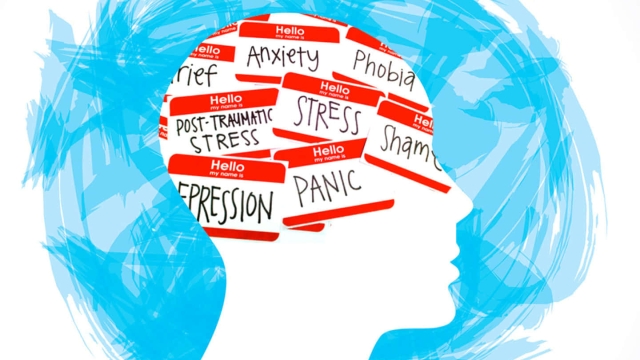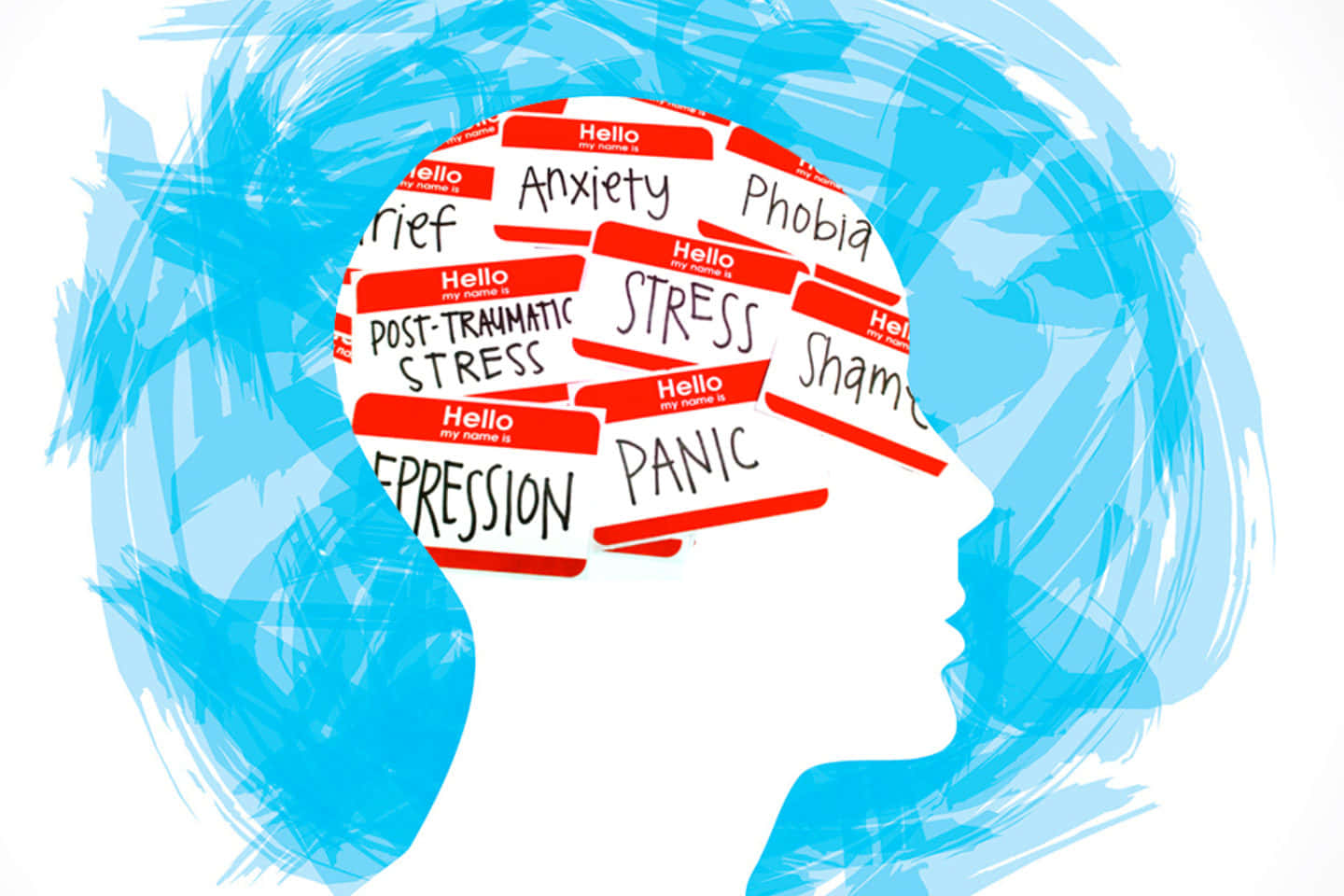
Breaking Free: Navigating Counseling and Therapy for Depression and Addiction

When grappling with depression and addiction, seeking help through counseling and therapy can be a significant step toward healing. These mental health challenges can weigh heavily on individuals, impacting every aspect of their lives and well-being. Through the guidance and support of counseling and therapy, individuals can begin to navigate the complexities of their emotions and behaviors, paving the way for a journey towards recovery and renewed hope.
Group
Depression and addiction are often intertwined, creating a complex web of challenges that can feel overwhelming to break free from. Counseling and therapy offer a safe space for individuals to explore their thoughts, feelings, and experiences, providing them with tools and strategies to cope effectively. By addressing the root causes of their struggles, individuals can work towards understanding themselves better and developing healthier ways of managing their mental health and addiction issues.
Types of Therapy
When seeking help for depression and addiction, individuals may benefit from cognitive behavioral therapy (CBT). This form of therapy focuses on changing negative thought patterns and behaviors. By working with a therapist, individuals learn coping skills to manage their emotions and improve their mental well-being.
Another effective therapy is dialectical behavior therapy (DBT), which combines elements of CBT with mindfulness techniques. DBT helps individuals regulate their emotions, build healthy relationships, and develop distress tolerance skills. It is particularly useful for those struggling with intense emotions and impulsive behaviors often associated with addiction and depression.
Family therapy is also valuable in addressing the complexities of depression and addiction. In family therapy sessions, not only the individual but also their loved ones participate to explore communication patterns, set boundaries, and address any underlying family dynamics that may contribute to the struggles faced by the individual.
Understanding Depression and Addiction
Depression and addiction are often intertwined, creating a complex web of challenges for those who are affected. Individuals struggling with depression may turn to substances or behaviors as a way to cope with their overwhelming emotions. This self-medication can lead to the development of addiction, exacerbating the initial feelings of despair and hopelessness.
Therapists and counselors play a crucial role in addressing both depression and addiction simultaneously. Through supportive and non-judgmental guidance, individuals can explore the underlying causes of their struggles. By uncovering the root issues contributing to their depression and addictive behaviors, clients can begin to heal and develop healthier coping mechanisms.
It is essential for individuals battling depression and addiction to seek professional help and not attempt to navigate these challenges alone. Therapy and counseling provide a safe space for individuals to explore their emotions, gain insight into their behaviors, and learn effective strategies for managing their mental health and recovery journey.
Benefits of Seeking Help
When facing challenges like depression and addiction, seeking help through counseling and therapy can provide valuable support. A key benefit is the opportunity to talk openly and honestly about your struggles in a safe and confidential environment. This can help you gain insights into your thoughts and feelings, leading to a greater understanding of the underlying causes of your depression or addictive behaviors.
Therapists and counselors are trained professionals who can offer guidance and tools to help you cope with your mental health issues. Through structured sessions, you can learn effective strategies to manage symptoms of depression and navigate the complexities of addiction. Seeking help allows you to work with someone who can provide personalized advice and support tailored to your specific needs, empowering you to make positive changes in your life.
In addition, therapy and counseling can help you build resilience and develop healthy coping mechanisms to handle stress and difficult emotions. By engaging in regular sessions, you can cultivate self-awareness and self-compassion, which are essential for overcoming challenges related to depression and addiction. Seeking help is a proactive step towards self-improvement and overall well-being.



